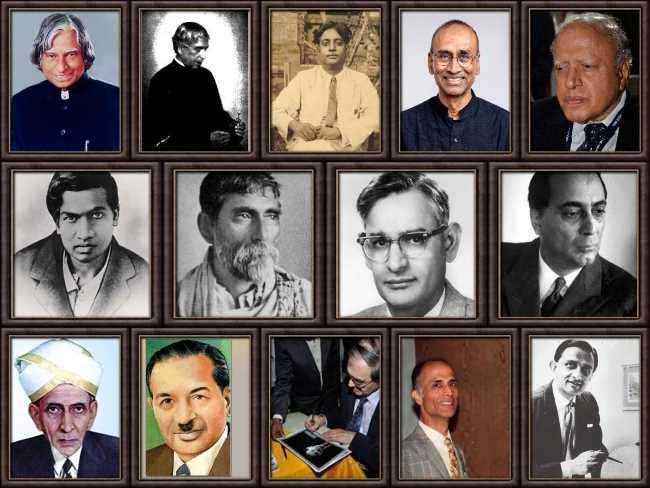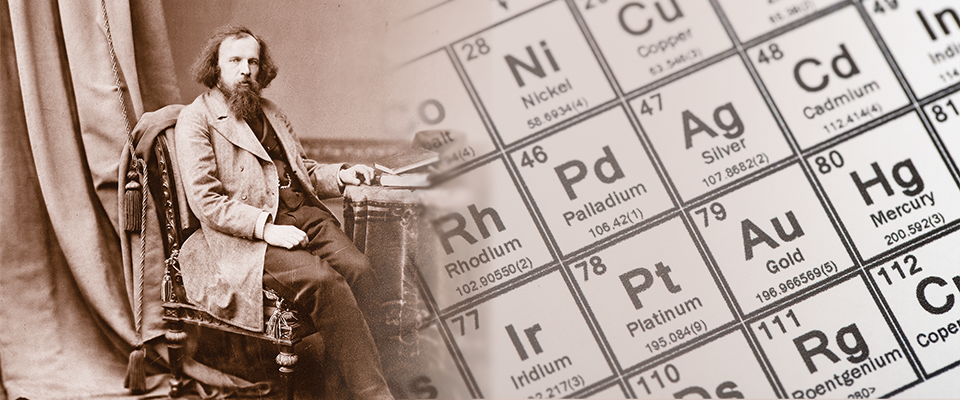Top 5 Scientists of India and Their Inventions
India has a rich history of scientific achievement, with many brilliant minds contributing groundbreaking inventions that have left a lasting impact on the world. In this article, we explore the achievements of five eminent Indian scientists who have made significant contributions to various fields of science and technology.
1. Sir Jagadish Chandra Bose (1858-1937) Top 5 Scientists of India and Their Inventions
The Father of Modern Indian Science
Sir Jagadish Chandra Bose is renowned for his pioneering work in the field of biophysics, particularly for his research on plants. One of his most significant inventions was the crescograph, a device that could measure the growth of plants and demonstrate the similarity between animal and plant tissues. This invention laid the foundation for the field of plant electrophysiology.
Bose’s contributions extended beyond biophysics; he also made significant strides in radio and microwave optics. His demonstration of the generation and reception of electromagnetic waves was a precursor to the development of wireless communication technologies.
2. Dr. Vikram Sarabhai (1919-1971) Top 5 Scientists of India and Their Inventions
The Father of the Indian Space Program
Dr. Vikram Sarabhai is celebrated as the visionary who laid the foundation for India’s space exploration efforts. His establishment of the Indian Space Research Organisation (ISRO) in 1969 was a pivotal moment for India’s scientific community. Under his leadership, ISRO developed India’s first satellite, Aryabhata, launched in 1975.
Sarabhai’s contributions extended to the fields of cosmic rays and space science. His efforts not only propelled India into the space age but also fostered a culture of scientific research and innovation that continues to thrive within ISRO.
3. Dr. APJ Abdul Kalam (1931-2015)
The Missile Man of India
Dr. APJ Abdul Kalam, renowned as the Missile Man of India, made significant contributions to aerospace and missile technology. Dr. APJ Abdul Kalam demonstrated exceptional scientific and engineering acumen through his pivotal contributions to the development of India’s first indigenous satellite launch vehicle (SLV-III) and the Agni and Prithvi missiles.
Kalam’s leadership as the 11th President of India from 2002 to 2007 further solidified his legacy as a visionary statesman and advocate for science and technology. His dedication to advancing India’s technological capabilities continues to inspire generations of scientists and engineers.
4. Dr. Homi Jehangir Bhabha (1909-1966)
The Architect of India’s Nuclear Program
Dr. Homi Jehangir Bhabha is remembered as the architect of India’s nuclear energy program. His pioneering research laid the groundwork for the establishment of the Atomic Energy Commission of India in 1948. Bhabha’s vision for harnessing nuclear energy for peaceful purposes led to the establishment of India’s first nuclear reactors.
Bhabha’s contributions to quantum theory and cosmic rays research also earned him recognition on the international stage. His legacy continues to influence India’s scientific policies and advancements in nuclear science and technology.
Climate Change : Science, Sociology & Spirituality | Maya (mayathevoice.com)
5. Dr. C.N.R. Rao (1934-present)
Pioneer in Solid State and Structural Chemistry
Dr. C.N.R. Rao is a world-renowned scientist recognized for his contributions to solid-state and structural chemistry. His research on transition metal oxides and two-dimensional materials has had profound implications for nanotechnology and materials science.
Rao’s distinguished career includes numerous awards and honors, including the Bharat Ratna, India’s highest civilian award. His passion for scientific research and education has inspired countless young scientists in India and around the world.
In conclusion, the contributions of these five scientists highlight India’s rich scientific heritage and its significant impact on global scientific advancements. Their inventions and discoveries continue to influence various fields of science and technology, inspiring future generations to push the boundaries of knowledge and innovation.
Understanding the achievements of these scientists not only sheds light on their remarkable intellect and perseverance but also underscores the importance of fostering a conducive environment for scientific research and development. As India continues to emerge as a global powerhouse in science and technology, honoring and learning from these pioneers becomes all the more crucial.
Dr. Srinivasa Ramanujan is celebrated for his extraordinary contributions to mathematics, particularly in number theory, infinite series, and continued fractions. Alongside him, Dr. Venkatraman Ramakrishnan’s pioneering research in structural biology, particularly his elucidation of ribosome structure and function, earned him a Nobel Prize in Chemistry and fundamentally advanced our understanding of molecular biology.
Whether it’s Bose’s pioneering work in biophysics, Sarabhai’s visionary leadership in space exploration, Kalam’s indelible mark on missile technology, Bhabha’s foundational role in nuclear energy, or Rao’s groundbreaking contributions to solid-state chemistry, each of these scientists has left an enduring legacy that resonates far beyond India’s borders.
Their stories serve as a testament to the transformative power of scientific curiosity and dedication, inspiring us to continue pushing the boundaries of human knowledge and innovation.




